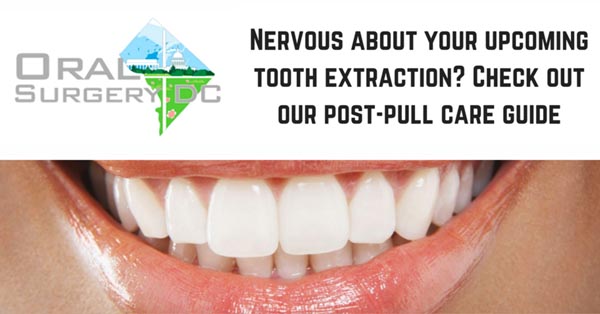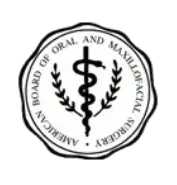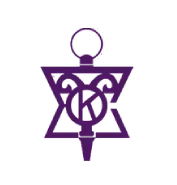What Happens After My Tooth Extraction?
Here's everything you need to know from Dr. Nkungula to help prepare for dental care after your visit:
Post - Operative Mouth Care
Care of the mouth following a surgical procedure is essential in the healing process.
Bleeding: Some bleeding and oozing is normal for several hours after your procedure.
- Avoid spitting, use of a straw and smoking.
- Bite down on gauze pack in mouth for 20-30 minutes and then discard or change if necessary.
- If bleeding is more than slight, bite down firmly on a moistened tea bag for 30 minutes.
Discomfort: If prescription was given, use as directed.
- Take prescription as soon as you get home and before local anesthesia (numbing) wears off.
- Do not take pain medication on an empty stomach as it may cause nausea.
- If no prescription was given, over-the-counter medications (e.g. Aspirin, Advil) can be taken.
Swelling: Some degree of swelling is normal and can be minimized with the use of cold and hot gel pack - the table below is a guide.
| COLD PLACE IN FREEZER FOR 30 MINUTES |
HOT 10-15 SECONDS IN MICROWAVE |
|
|---|---|---|
| WHEN USED? | Day 1-2 | Day 3 onwards |
| HOW OFTEN? | 2-3 times daily | 2-3 times daily as needed |
| WHY? | Control and manage swelling | Bone and gum healing and repair |
Diet: A soft or liquid diet is recommended for the first few days following surgery.
- Until local anesthesia (numbness) wears off, be careful chewing to prevent biting the numb area.
Care of mouth: Do not rinse your mouth vigorously for the first 24 hours after surgery as vigorous rinsing interferes with clot formation and slows healing
- After 24 hours,begin gentle warm salt water rinses for one week at extraction site and resume gentle brushing of remaining teeth.
- Avoid use of alcohol, smoking or carbonated drinks for 1-2 days after surgery.
Note: Antibiotics may decrease the effectiveness of birth control medications. Additional methods of birth control should be used while on antibiotics.






5 Stars
based on 48 reviews
5 Stars
based on 15 reviews
5 Stars
based on 11 ratings